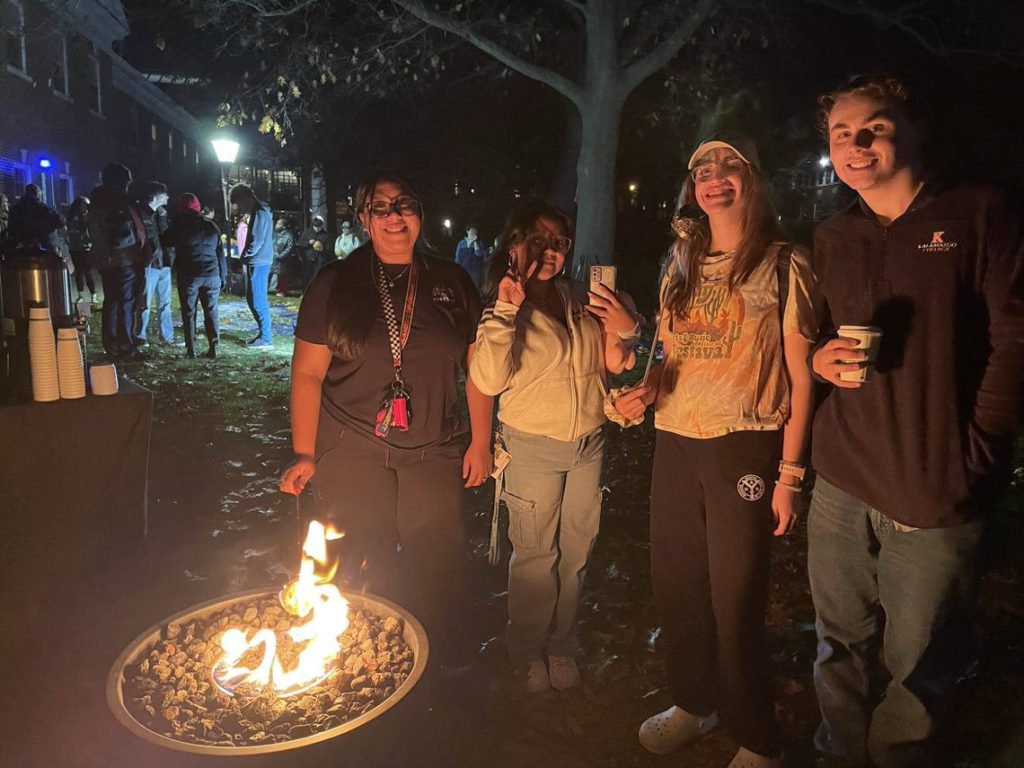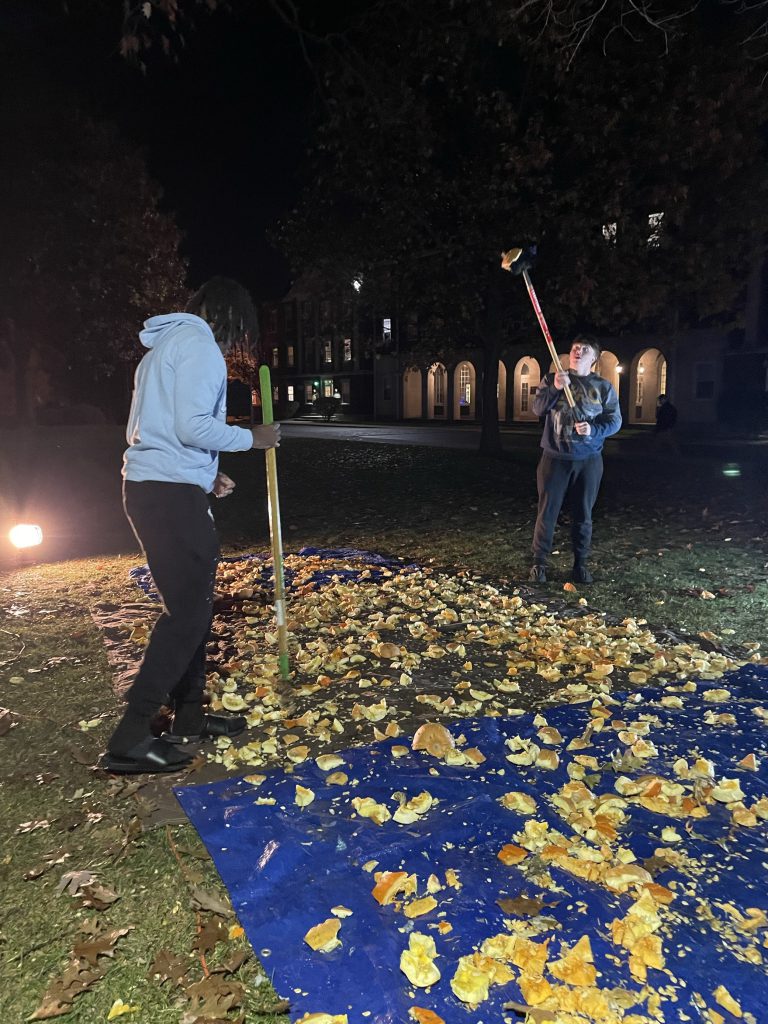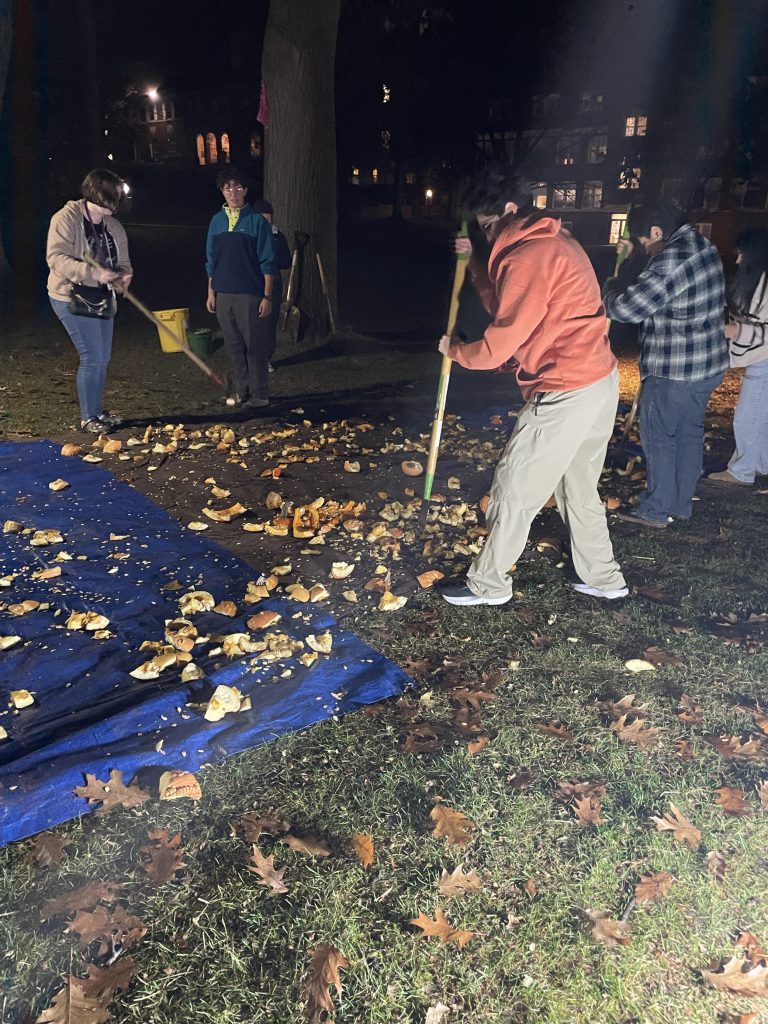April 14 through the 18th, 2025 has been named “Collegiate Recovery Week” by the Association of Recover in Higher Education (ARHE). This week supports events in the collegiate community that aim to “celebrate the joys of recovery, share stories [of recovery], and uplift one another through community,”.
College students have been shown to have higher rates of binge drinking and misuse of prescription stimulants than noncollege young adults. Behaviors like binge drinking have shown an increase in the likelihood of developing an alcohol use disorder (or alcohol addiction). In a Spring 2024 survey of over 103,000 college student participants, over 2,600 individuals indicated being in recovery from alcohol or other drugs, and more student indicated a moderate or high risk of substance use disorder (American College Health Association, Spring 2024).
For those in the recovery journey, community plays a pivotal role. It establishes a supportive network that fosters understanding, empathy, and encouragement. Check out some ideas below on how you can support people in recovery!
Ways you can show support for those in recovery:
- Choose activities that aren’t centered around substance use.
- Consider planning some outings that don’t involve substances! If you and your friends find yourselves going out to wine or beer tasting, bars, or parties, try going to a movie, bowling or a nice hike.
- Be mindful of how you talk about substance use.
- Talking about your latest win at a drinking contest or a night of impaired escapades can be annoying or distressing to someone who’s in recovery. If your friend tells you outright something is making them uncomfortable or if you get the feeling they are becoming annoyed, simply apologize and change subjects.
- Listen closely and be patient.
- If a nondrinker does decide to confide in you, listen and be patient as they navigate through some hard topics. Recognize that for people who have an alcohol use disorder, abstaining from alcohol can be difficult — even if they’ve been sober for years.
- Wear purple to celebrate collegiate recovery.
- Purple was selected as the recovery movement’s official color.
April 15th: Participate in our quilt project!
Join us in the Hicks Lower Atrium from 3:30 to 5:00 p.m. to create a quilt square that will be integrated into a quilt to be hung around our campus.




